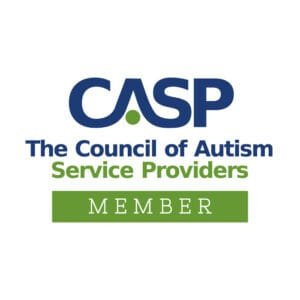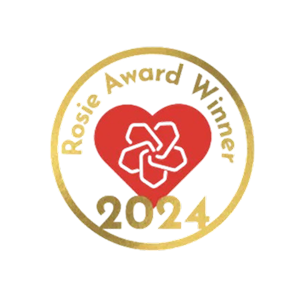How Long will ABA Therapy Last?
ABA Therapy Experts in St. Louis Provide Insights
As a parent whose child is diagnosed with Autism Spectrum Disorder (ASD), you may have evaluated various behavior therapies to understand your best treatment options. Although there are several therapeutic strategies for dealing with Autism, Applied Behavior Analysis (ABA) therapy truly stands out amongst the rest. In fact, ABA therapy has the potential to completely eliminate Autism symptoms and alter the course of life for individuals with ASD. However, a lot depends on how soon you start, how long you commit to it, and how intense is the therapy.
The ABA therapy specialists at AB Spectrum share some useful information about the duration and effectiveness of ABA therapy in treating individuals with Autism.
Tips for Beginning and Ending ABA Therapy
There is sufficient empirical evidence to suggest that early diagnosis and intensive ABA therapy is highly effective in children with Autism. Experts suggest that providing ABA therapy for an average of 30-40 hours per week over an extended time can potentially lead to visible improvements in your child’s skills and abilities. While you may not get definitive answers as to when, if and how to stop treatment, ABA therapy does not have to be a lifelong treatment.
Look at some of these aspects while deciding when to start, pause, or stop ABA therapy for your child with ASD.
- Sooner you Start, Better the Outcomes: ABA therapy includes powerful programs and tools that can remold the brain of your child with ASD. The earlier you intervene, the better the chances of preventing interfering behaviors from becoming a habit. Moreover, early individualized ABA therapy can prep your child for the group learning settings associated with schooling, extra-curricular activities, and other interactions with peers or professionals.
- Frequently Monitor Your Child’s Progress: The ultimate goal of ABA therapy is that your child should not need therapy for life. This means your child should be able to consistently apply the skills learnt in formal therapy sessions to the real-world situations and interactions. Knowing whether your child has achieved this state involves frequent progress monitoring by your child’s therapists, as well as your family.
- Your child’s ABA therapy experts will usually give you a detailed assessment twice a year. Besides thorough progress tracking on the customized treatment goals, they will help you understand your child’s performance on various assessment tools.
- In addition to the inputs from the ABA practitioners, you should review whether there are positive and significant improvements in your family’s quality of life since your child started therapy.
- Look for Other Key Indications: ABA therapy focuses on developing verbal, motor, social, cognitive, and reasoning skills, while also promoting essential life skills and helping your child achieve specific on-task behaviors. Here are some signs that your child no longer needs therapy.
- You see a significant reduction in problem behaviors and think that it is possible to manage any behavioral challenges directly, without the support of an ABA therapist.
- Your child is able to generalize the learnings from formal therapy sessions to new environments or people naturally, without needing direct instructions.
- Your child is thriving and benefiting in a different educative environment, such as a group sport or activity, which may make therapy redundant.
- Your child displays new skills that emerge spontaneously, without formal teaching.
- Your feel that the treatment goals have been achieved. For example, your child has learnt a target skill or behaves in a certain manner, or you feel confident about your child’s stage of functioning and ability to be independent.
Explore the Best ABA Therapy Options at AB Spectrum, the World’s First Reggio Emilia ABA Clinic
At Autism and Behavior Spectrum (AB Spectrum), we aim to bring about meaningful and sustainable changes in the lives of individuals with ASD. As specialists in the Reggio Emilia ABA therapy approach, we believe in encouraging the child’s curiosity and imagination, and incorporate numerous Natural Environment Training activities into our ABA curriculum. Our experienced Board-Certified Behavior Analysts (BCBA) and Registered Behavior Technicians (RBT) create customized development programs and learning strategies that cater to every child’s unique needs and treatment goals. We conduct regular reviews and assessments to monitor progress and adjust the program to keep it engaging and enjoyable for the child. Our emphasis on parental involvement, as well as Natural Environment Training (NET) ensures that:
- The child learns to generalize the newly learnt skills and behaviors in real-life situations.
- The families and caregivers imbibe useful ABA-based tools and techniques that help promote the child’s learning beyond formal therapy sessions.
Choose from our flexible treatment options that include clinic-based sessions (at Chesterfield and St. Charles, Missouri), in-home ABA therapy throughout St. Louis, Missouri, or a combination of both.
To learn more about our ABA therapy offerings in and around St. Louis, Missouri call 314.339.7732 or book a no-fee consultation today. You can also take our free online autism screening test and one of our therapists will be in touch to discuss the results.







